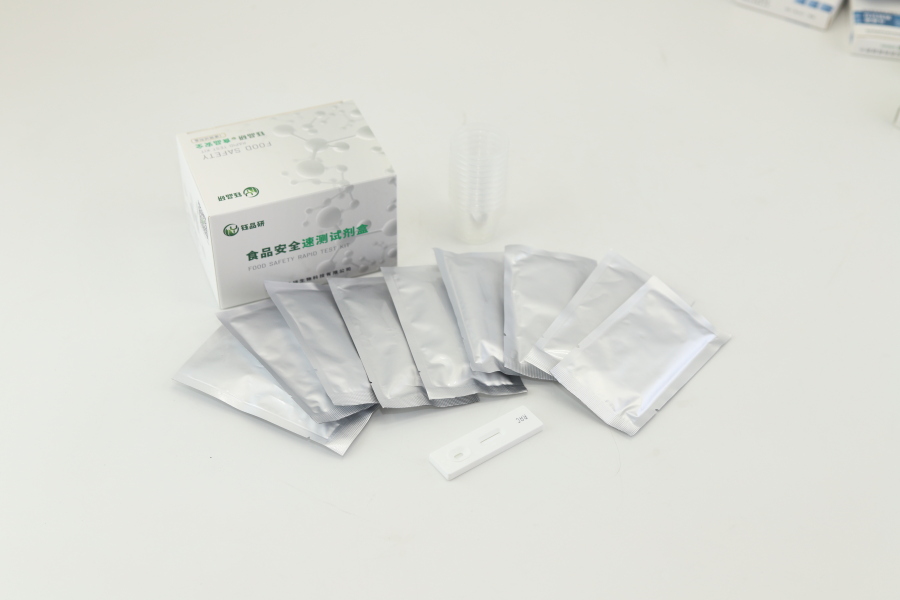
recent years, with the continuous improvement of consumers' attention to food safety, the quality and safety of poultry eggs, as an indispensable source of nutrition in daily life, has attracted much attention. Among them, the illegal use and residue of nitroimidazole drugs such as metronidazole and demenidazole pose a potential threat to the safety of poultry eggs, so it is crucial to establish an efficient and accurate detection method.
Nitroimidazole drugs are a class of chemical synthetic drugs with antigens and antibacterial effects, which have been widely used in the prevention and treatment of animal diseases. However, studies have shown that such drugs have potential carcinogenicity, teratogenicity and mutagenicity, and pose serious hazards to human health. Therefore, many countries and regions have explicitly banned the use of nitroimidazole drugs in food animal breeding, or have formulated strict limit standards for their residues.
Nitroimidazole drug residues in poultry eggs mainly come from the illegal use of related drugs by farmers to prevent or treat diseases such as intestinal infections in poultry during the breeding process. These drugs may enter the eggs through the metabolic process of poultry, and even after cooking, some residues may not be completely removed. Long-term intake of poultry eggs containing such residues will cause cumulative damage to human health.
In order to effectively monitor the residues of nitroimidazole drugs in poultry eggs and ensure the safety of consumers' diet, a series of detection technologies came into being. Traditional detection methods such as high performance liquid chromatography (HPLC), liquid chromatography-mass spectrometry (LC-MS/MS), etc., although they have high accuracy and sensitivity, the operation is complicated, time-consuming, and requires high equipment and operators, making it difficult to meet the needs of on-site rapid screening and large-scale sample detection.
In this context, rapid detection technology plays an increasingly important role in food safety supervision with its advantages of simple operation, fast detection speed and relatively low cost. As an enterprise focusing on the research and development and production of rapid detection reagents for food safety, Wuhan Yupinyan Bio is committed to providing reliable solutions for the detection of nitroimidazole drug residues in poultry eggs and other foods. The relevant rapid detection reagents developed by it can meet the detection needs in different scenarios, and help regulatory authorities, food production enterprises and testing institutions to quickly grasp the residue of nitroimidazole drugs in samples, so as to take timely control measures to ensure the quality and safety of poultry egg products from the source.
To sum up, strengthening the detection of nitroimidazole drug residues such as metronidazole and demenidazole in poultry eggs is an important link to ensure the safety of the public's diet. With the continuous progress and popularization of detection technology, especially the continuous investment and innovation of enterprises such as Wuhan Yupinyan Bio in the field of rapid detection reagents, it will provide strong technical support for building a tighter food safety defense line, so that consumers can enjoy delicious and healthy poultry egg products with more confidence.

